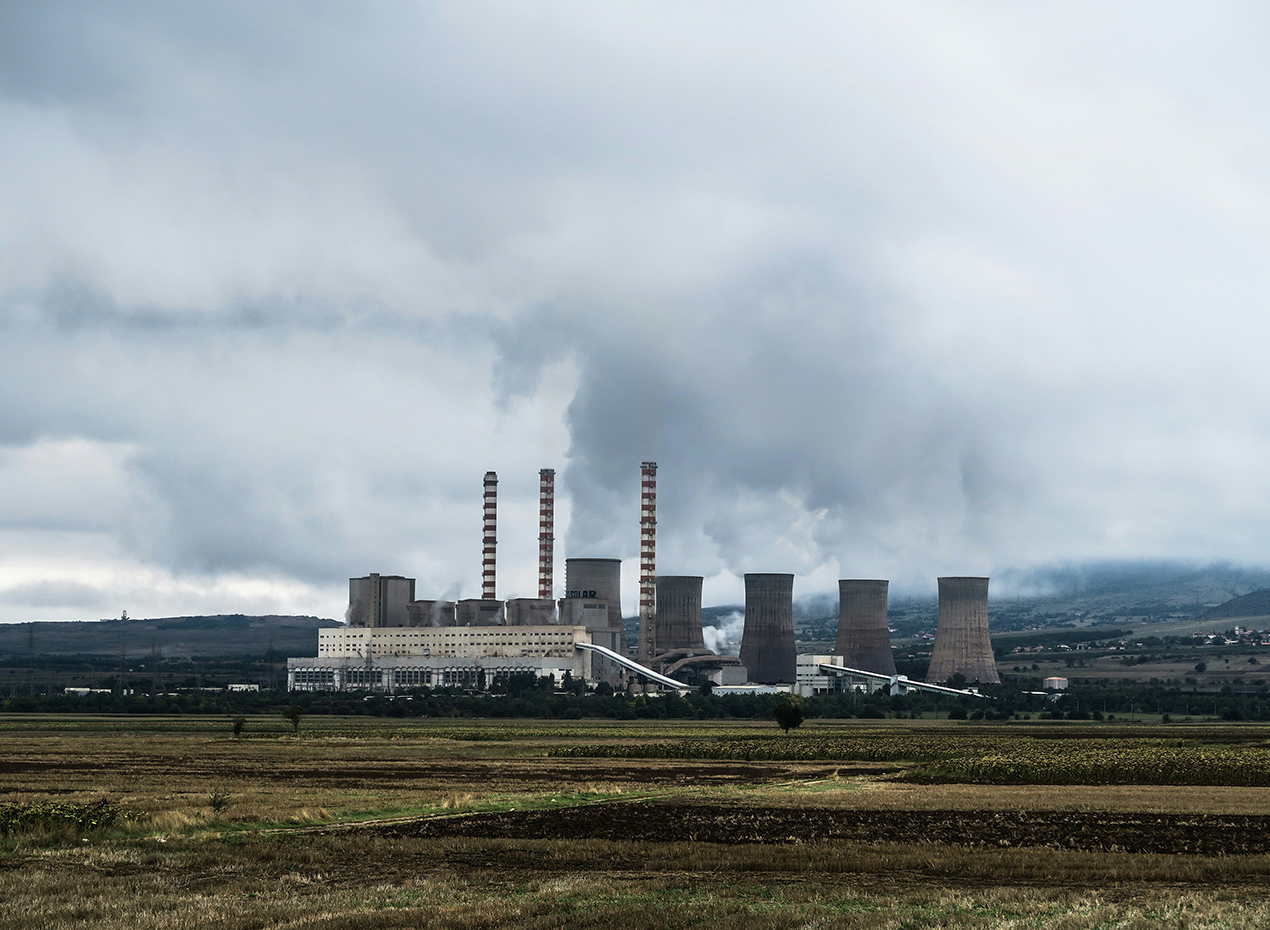News
World Energy Council Affirms the Advantages of Developing Nuclear Energy
The World Energy Council released a report
on "The Role of Nuclear Energy in Europe" in London on the 30th,
pointing out that nuclear energy has development advantages both economically
and environmentally.
In 2005, the European Regional Group of the
World Energy Council launched a project to conduct research on the development
and utilization of nuclear energy in the European electricity market, future
energy supply, economic competition among various energy sources and
environmental impacts, and finally formed the report "The Role of Nuclear
Energy in Europe".
The report believes that Europe has
sufficient basis for developing nuclear energy. Costs can be further reduced by
extending the life of existing nuclear power plants, adding capacity or
renewing licenses. If the EU adopts punitive measures on CO2 emissions, nuclear
energy will become more competitive.
The report acknowledges that significant
controversy remains over the management of nuclear power plants and the
disposal of nuclear waste. Clerici, the leader of the study, believes that
support from the public is very important for building a new generation of
nuclear power plants. Only when consumers receive timely and accurate
information can they truly understand that nuclear energy is a realistic option
for European power development today.
Nuclear energy currently accounts for about
30% of Europe's electricity supply. European nuclear power facilities are
mainly concentrated in France, Russia, Germany, Ukraine, the United Kingdom and
Sweden.

RELATED NEWS
- Exclusive Interview with Li Qiang, General Manager of Inner Mongolia Hezhong Ton
- EU and OPEC Strengthen Exchange of Energy Decisions
- Third Central Plains Hot Water Heating Industry Exchange Summit
- Volkswagen Plans to Form Third Joint Venture Car Company in China to Develop New
- OPEC: World Oil Demand Grew at 800,000 Barrels/Day in 2013
